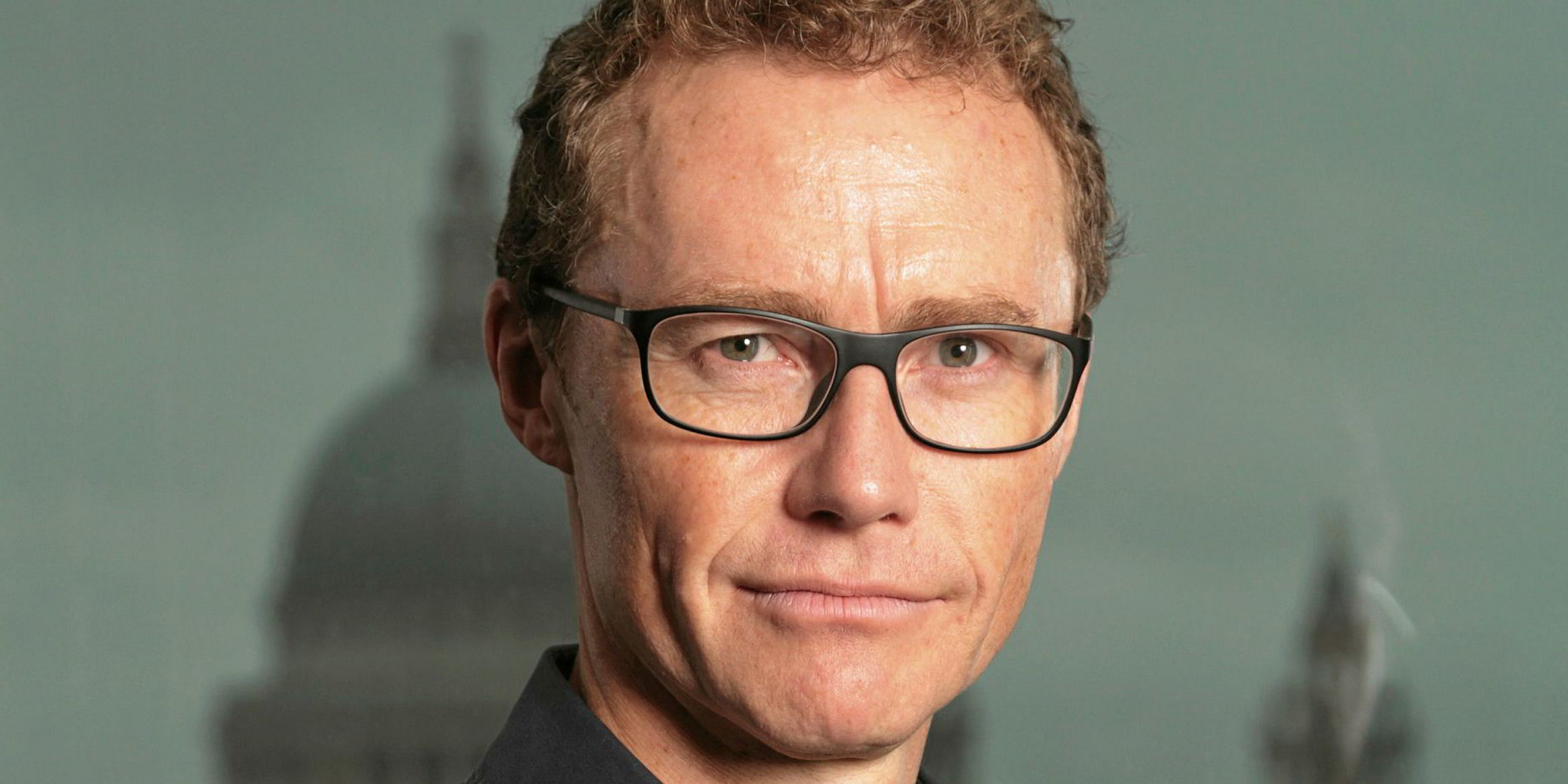The IMO has long been a whipping boy. In this industry, it is widely regarded with everything ranging from ignorance and suspicion to outright hostility. Shipping is uncomfortable with enforced change.
While in society more broadly, the United Nations agency has often been held in contempt for being ineffectual in the aftermath of shipping accidents and habitual industry bad practice that could and should have been prevented with clear regulations, effectively enforced.
And yet the IMO is what it is: a forum for largely consensual debate and rule-making between its 172 member nations striving to bring some semblance of fair governance to a global, mobile and opaque business. It is a tough job, but somebody’s got to do it.
So where is the IMO today, as it starts looking ahead to its 70th anniversary in 2018? Perhaps this is a good moment to take a glance at the regulatory landscape since the organisation’s biennial assembly wrapped up at the end of last week.
Not only did the assembly elect a new 40-member council, which serves as a key steering group for IMO affairs, secretary general Kitack Lim came out with a powerful statement of intent in his opening address to urge constructive engagement and cut through past fudges.
Two years into a role he won under an election slogan of “a voyage together”, the South Korean maritime diplomat has retained his energy for change, despite the tortuous progress of the high-profile debate over greenhouse gas emissions controls.
Central to his vision is backing a strategic plan for the IMO from 2018 to 2023, which will integrate effective rule-making and implementation with new and emerging technologies.

Lim can see it is critical to transform the IMO into a knowledge-based organisation, giving all players involved in the process the appropriate data and analysis tools to draw up and assess relevant and effective rules.
And amid a pace of technological change that will outstrip the traditional regulatory process, the IMO needs to be more nimble and adaptive. Only if there is a regulatory framework built around goals and functions, rather than prescriptive solutions, will the IMO be able to keep up with the disruptive shifts everyone expects in the next decade.
In that manner, big issues can be tackled. Alongside climate change and facilitation of trade, the IMO needs the mechanisms to manage the questions raised by autonomous vessels, cyber-crime and ocean governance, Lim believes.
Refreshingly, Lim is not afraid to speak the truth. He acknowledges that IMO rules and regulations can be difficult or challenging for the industry to comply with, but his riposte is clear: “Nothing truly worthwhile is ever easy.”
Lim is not afraid to speak the truth. He acknowledges that IMO rules and regulations can be difficult or challenging for the industry to comply with, but his riposte is clear: 'Nothing truly worthwhile is ever easy'
Cooperation between stronger and weaker maritime states to enhance governance and capacity-building is a further important element of the programme.
But, of course, the IMO is not just the secretary general, nor even Lim's relatively modest London-based secretariat, even though some observers are prone to conclude that this is the case. The IMO is ultimately its member nations, taking decisions and making choices as representatives of all our governments.
Perhaps Lim’s clearest message to them is on the subject of climate change rules, and the challenge the IMO faces next year in agreeing the first stage of a definitive roadmap to ambitious goals.
Lim’s ambition and energy is clear, and it deserves attention and support.
Looking ahead, he said: “I urge you, be bold; set ambitious goals that really will make a difference. You have a real opportunity here to do something of lasting significance. Make the most of it.”



